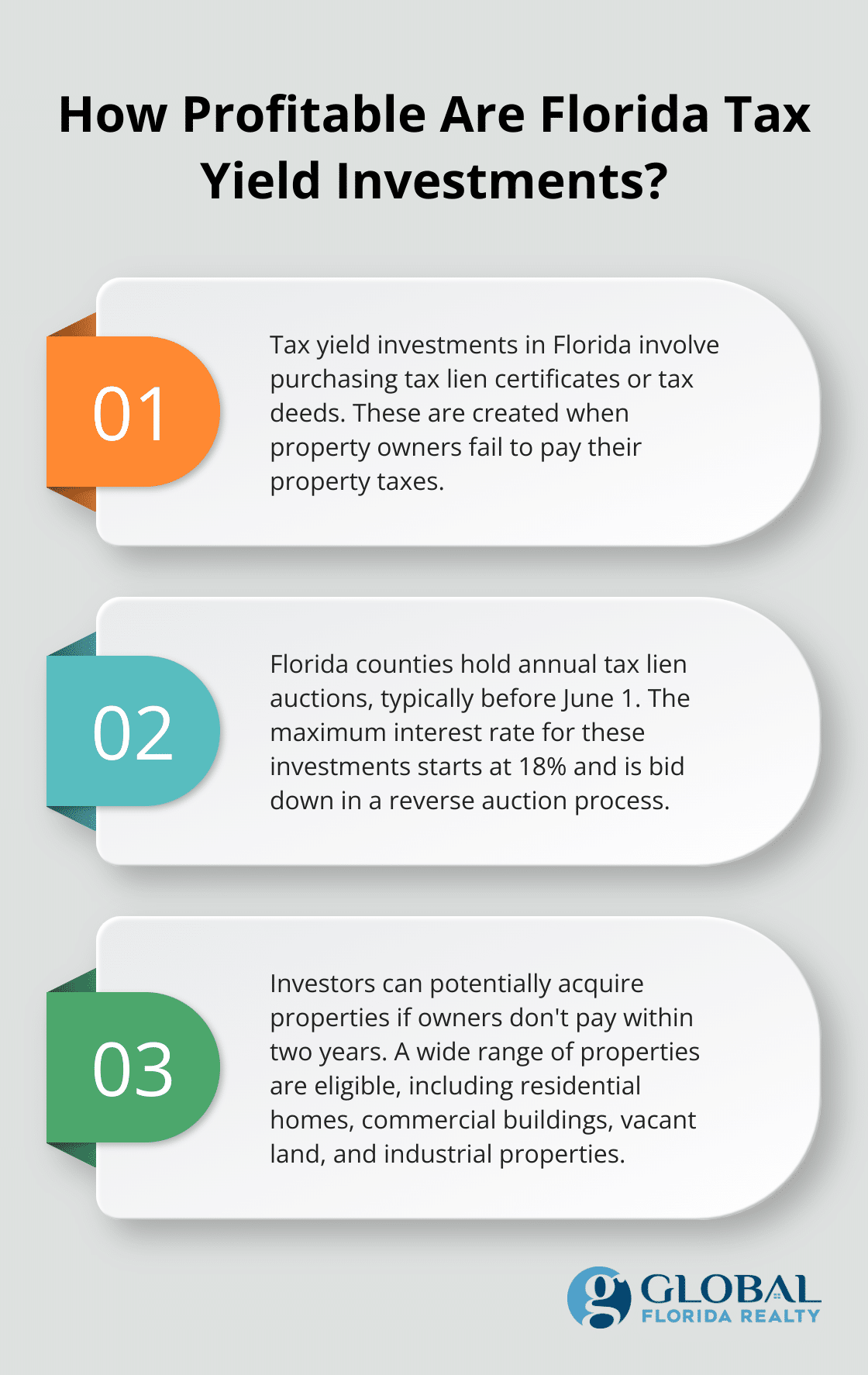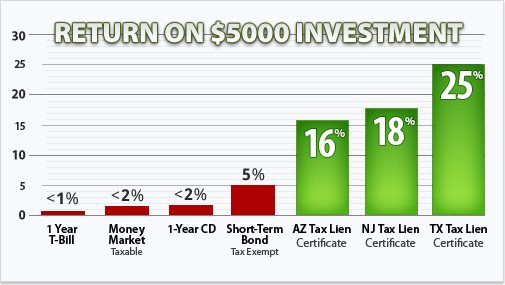All Categories
Featured

After registering, each bidder will certainly receive a bidding number from the Public auction Web site that will allow the prospective buyer to position quotes. All prospective buyers have to make a deposit on the Public auction Internet site before their proposals will certainly be approved. Each bidder shall make a down payment equivalent to ten percent (10%) of the overall dollar quantity of tax liens the prospective buyer expects winning.

Tax obligation liens are awarded to the highest bidder, or in the occasion of a tie, the victor will certainly be chosen at arbitrary by the Public auction Site, and the winning bid amount will equal the amount of the tie bid. Tax liens will be organized right into batches and sold in one-hour increments starting on November 6, 2024, at 8:00 a.m.

Workers and authorities of the City and Region of Denver, and members of their families are not enabled to acquire at the Public Public auction - how to start tax lien investing.
How Tax Lien Investing Works
There are no guarantees expressed or indicated concerning whether a tax lien will certainly prove to be a profitable financial investment. The property information easily accessible on the proposal pages was gotten from the Assessor's office prior to the begin of the existing public auction and is for reference just (please note that this residential property information, offered by the Assessor's workplace, represents one of the most existing evaluation year, not the tax year associated with this tax obligation lien sale, as taxes are paid one year in arrears).
Latest Posts
Foreclosed Tax Properties
Property Tax Delinquent Lists
Learn Tax Lien Investing